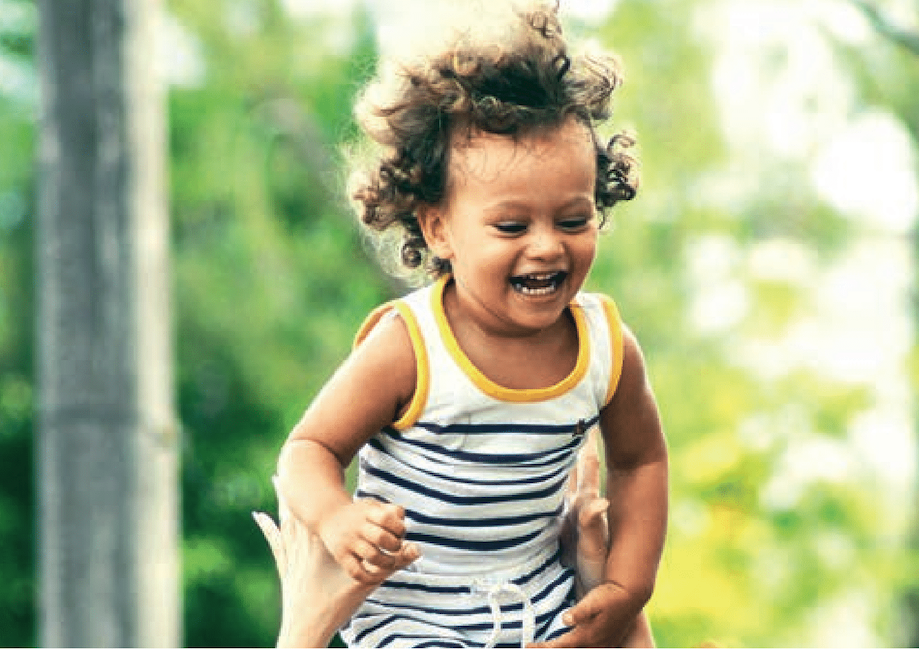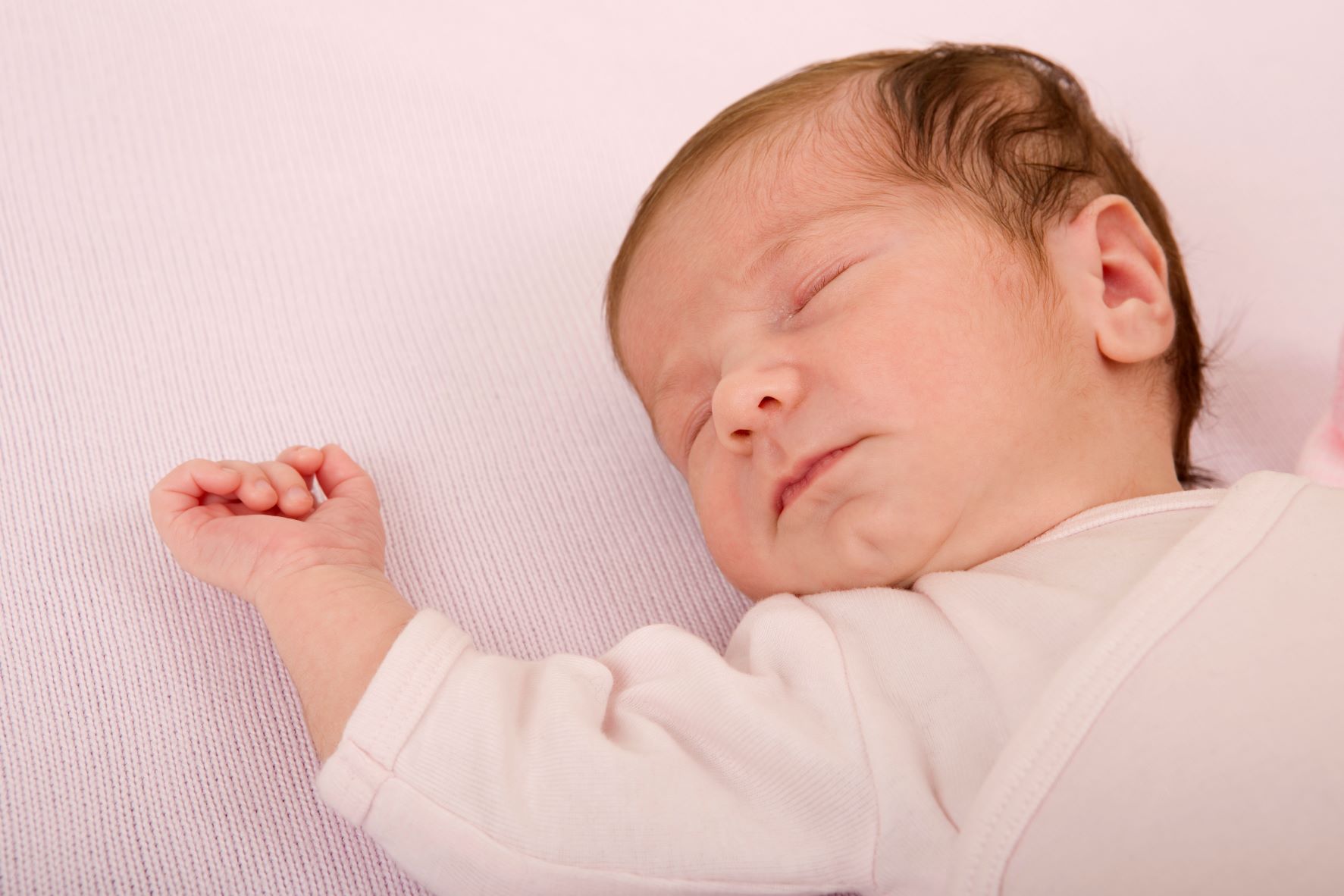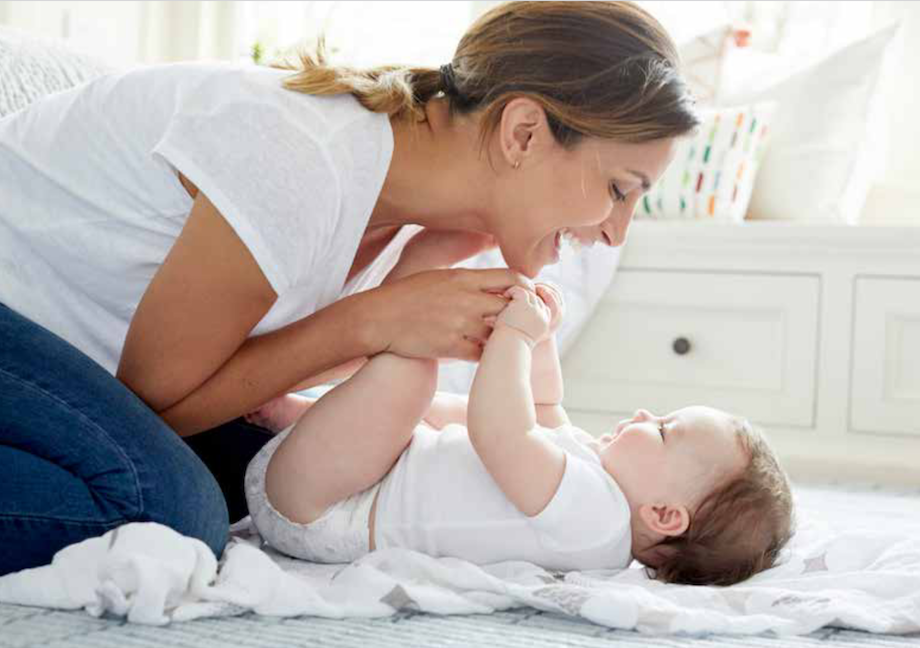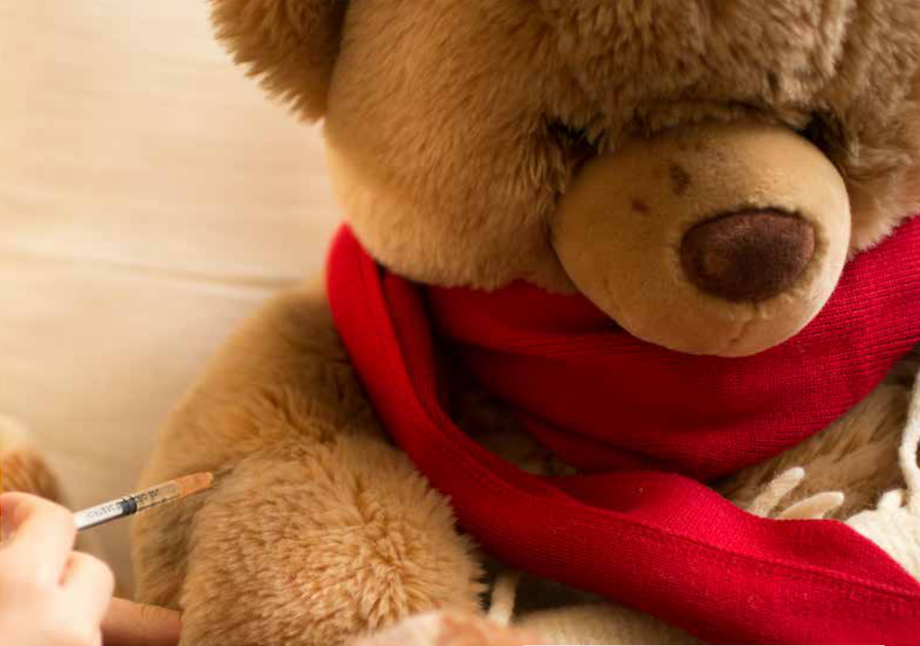
It’s fair to say that taking a baby for their immunisation isn’t everybody’s favourite job, but it’s necessary and needs to be done – even during a global pandemic.
The Royal New Zealand College of General Practitioners is reminding whānau that regular healthcare continues to be vitally important, even as we tackle the spread of COVID-19. That means parents need to call their GPs and make an appointment for their children’s immunisations if they’re due. GPs are set up to care for their patients safely, so parents should not worry that they will be exposing their wha-nau to risk by taking them for their scheduled immunisations.
College Medical Director Dr Bryan Betty says that Kiwis need to make sure to call their doctors for appointments and keep up to date on their regular healthcare and not save it up until we get to a lower COVID-19 Alert Level.
The timing of the different vaccines provides the best protection at the age when it is needed most. Your baby’s immune system has a huge capacity and babies are exposed to countless new germs every day. The effects that immunisations have on the immune system are tiny in comparison. It’s been theorised that a baby’s immune system could effectively manage more than 10,000 times the amount of vaccines they actually receive when they are vaccinated.
Delaying vaccines can increase the risk of your child getting very sick because their immune system hasn’t learnt how to fight infection yet.
Understanding the Schedule
The National Immunisation Schedule – simply known as the Schedule – provides the most effective way to help avoid a range of preventable diseases. It’s a great idea to familiarise yourself with the Schedule – so here’s a quick look to get you up to speed.
The Schedule starts before baby is born, with an influenza vaccine and a whooping cough booster vaccine for mum during pregnancy. This is because influenza is a serious risk to pregnant mums. They are five times more likely to end up in hospital because of the flu than if they weren’t pregnant. Influenza infection can also affect the growth of the unborn baby.
The whooping cough booster reduces the risk of mum catching whooping cough, and the special proteins (antibodies) her body makes in response to the vaccine are passed on to the unborn baby. So baby doesn’t get any vaccine, just their mother’s naturally produced antibodies. This gives baby temporary immunity to whooping cough when they’re born, before their own immunisations start. Children then receive their own vaccines over several visits.
| Age | Diseases covered and vaccines |
| Pregnancy (2 injections) | * Booster dose against diphtheria/tetanus/ whooping cough * Seasonal influenza |
| 6 weeks 3 months 5 months (2 injections and one dropped in mouth at each event) | * Diphtheria/tetanus/whooping cough/polio/ hepatitis B/ * Haemophilus influenzae type b (Hib) * Pneumococcal * Rotavirus (given orally) |
| 15 months (4 injections) | * Haemophilus influenzae type b (Hib) * Measles/Mumps/Rubella * Pneumococcal * Varicella – chickenpox |
| 4 years (2 injections) | * Diphtheria/tetanus/whooping cough/polio * Measles/Mumps/Rubella |
Early protection
Early on, we want to provide protection against rotavirus – this gastrointestinal virus is the most common cause of diarrhoea, vomiting and dehydration in babies.
Getting those first three doses of whooping-cough-containing vaccine on board is also a priority. Infants who do not receive on-time doses of whooping-cough-containing vaccine at the scheduled times of six weeks, three months, and five months are five times more likely to be hospitalised with whooping cough than babies who were vaccinated on time.
Around half the babies under one year who catch whooping cough will end up in hospital. One or two in 100 of those hospitalised will die from pertussis infection. Babies can temporarily stop breathing and their brains do not get enough oxygen (hypoxia). In around two in 1,000 children, whooping cough leads to permanent brain damage, paralysis, deafness or blindness.
Pneumococcal vaccine protects against pneumococcal bacteria. Invasive pneumococcal disease occurs if the pneumococcal bacteria pass into the blood, resulting in a severe form of pneumonia, blood infection and meningitis, and can infect other normal, germ-free sites around the body, including the heart muscle, joints and abdomen.
Before kindy and school
Your child will receive booster doses of some vaccines to increase their immunity when they are 15 months and four years old. They will also be protected against measles, mumps, rubella and chickenpox viruses that can cause severe damage in some children.
Later on
By the time your child starts secondary school they will have a high level of protection against 14 serious but preventable diseases. These include diseases like HPV and hepatitis B, which can cause cancers later in life.
About vaccine safety
Like all medicines, there are benefits and risks when using vaccines. Because we give vaccines to healthy and very young children, it’s completely understandable to have some initial concerns about them, especially when the risk of catching a disease might appear so slim.
All vaccines undergo extensive testing as part of clinical trials for many years before being used in immunisation programmes. These clinical trials follow all participants to see if those who have the vaccine experience any unacceptable adverse reactions.
Even after a vaccine is approved, any expected or unexpected negative health events following an immunisation are reported. These events are collected around the world and analysed to see if they might have been caused by the vaccine. In this way the safety of all vaccines is continually assessed.
All vaccines available in New Zealand are very safe to use. As with all medicines, there is a risk of an extremely rare allergic reaction (called anaphylaxis), which can occur immediately after having a vaccine and where baby’s breathing becomes restricted by swelling. This occurs in approximately one dose in a million, and all nurses/doctors are trained to look out for and treat it. This is why you’re asked to wait 20 minutes before going home after immunisations.
Article written with information supplied by The Immunisation Advisory Centre.
Why do some people not want their children to have vaccines?
As parents we all want to do what is right for our children. A small percentage of people are fearful about giving their children vaccines. There is a range of reasons for this.
The decision can be particularly difficult because many of us do not have personal, direct experience of the very severe side effects of infectious diseases and focus on the very rare but known side effects of the vaccine. Some people have had previous bad experiences with their healthcare services or heard scary stories from social media, whānau or friends. Some people believe vaccinations are bad for their child or will cause them harm. For some, vaccination does not feel natural or they do not believe infectious diseases will affect their own children badly.
If you’re feeling unsure, the best approach is to find a doctor or nurse who you feel you can genuinely trust to talk through your fears and concerns.
Find out more
- www.health.govt.nz
- www.immune.org.nz
- Healthline on 0800 611 116




